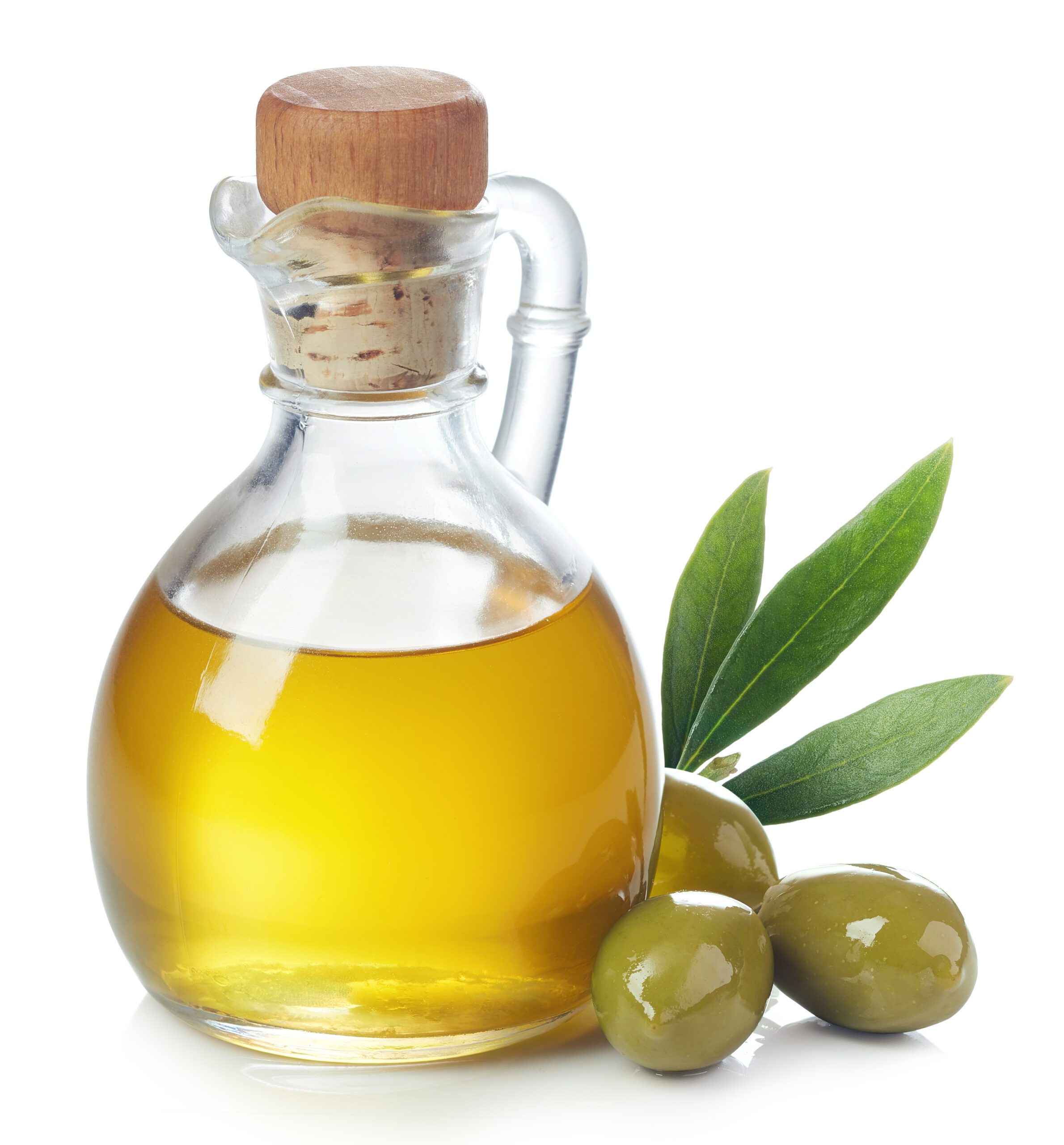Get Your Olive Oil On The Mediterranean Diet and Longevity
June 10, 2016
 1430
1430 
The Mediterranean Diet: it just sounds cool, doesn’t it? I mean, if you had to choose between the “Siberian Diet” and the “Mediterranean Diet” I’m guessing the latter would win hands down.
And now, for more reasons than ever before.
Ever since the 1950s, many research studies have shown that a Mediterranean diet, which is based on consuming large amounts of fish and vegetables, can lead to better health. And now four new studies all unanimously agree that a Mediterranean diet will provide a longer life. All four studies are being published by the Sahlgrenska Academy, and were a joint effort between Gianluca Tognon from Italy, and Lauren Lissner of Sweden.
The Study
For the study, thousands of 70-year-old Swedish citizens were analyzed and compared. The results showed that the 70-year-olds who ate a Mediterranean diet lived on average 23 years longer than those who had other diets. The study spanned over 40 years and mostly focused on residents in the Gothenburg region. Mathematically, those who ate a Mediterranean diet had an estimated 20% higher chance of living longer.
Details of the Diet
The Mediterranean diet draws from the traditional dietary patterns found in southern Italy, Crete, and most of Greece. Though it has been around for some time, it did not gain much exposure or popularity until the 1990s.
The characteristics of a Mediterranean diet include high consumption of olive oil, legumes, unrefined cereals, fruits and vegetables, moderate consumption of dairy products such as cheese and yogurt, and fish, and very low consumption of red meat and meat products. The diet is topped off with a moderate consumption of red wine, which is well known as a powerful antioxidant for the body. It is important to note here that the amount of olive oil consumed in this diet is very high. Olive oil has been linked to a reduction in coronary heart disease risk and can improve cholesterol regulation, as well as provide anti-inflammatory and anti-hypertensive effects.
Only one of the four studies has been published so far, but each one continues to dig deeper into the Mediterranean diet and its effects on health. The studies are all varied as well, and focus on people living in Denmark, people in northern Sweden, and children, respectively. One thing is for sure . . . the results from all four studies provide compelling evidence that an individual who has a Mediterranean diet will have a longer lifespan, as well as a significantly healthier lifestyle compared to people who do not – regardless of age.

A new study suggests that a widely used sugar substitute found in diet sodas, chewing gum, and low-sugar yogurt may elevate insulin levels. This could increase the long-term risk of heart disease. “Artificial sweeteners have infiltrated nearly all types of food, making it crucial to understand their long-term health effects,” said Yihai Cao, senior author […]

Diet Coke has long been a fan-favorite among soda lovers who want a fizzy, guilt-free alternative to traditional soft drinks. While its zero-calorie, zero-sugar label makes it seem like a healthier option, the reality is far more concerning. Despite its undeniable popularity, Diet Coke’s nutritional profile has raised red flags among health experts for years. […]

New study shows that embracing an anti-inflammatory, plant-forward diet can support cognitive function and help reduce the risk of dementia. What You Eat Shapes Your Brain The food you eat doesn’t just impact your body—it also affects your brain. Research suggests that eating an anti-inflammatory, plant-based diet can help improve memory, focus, and overall brain […]